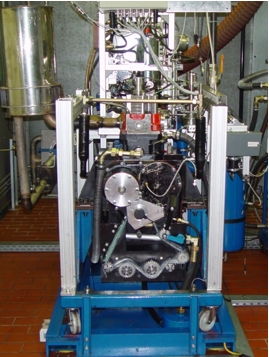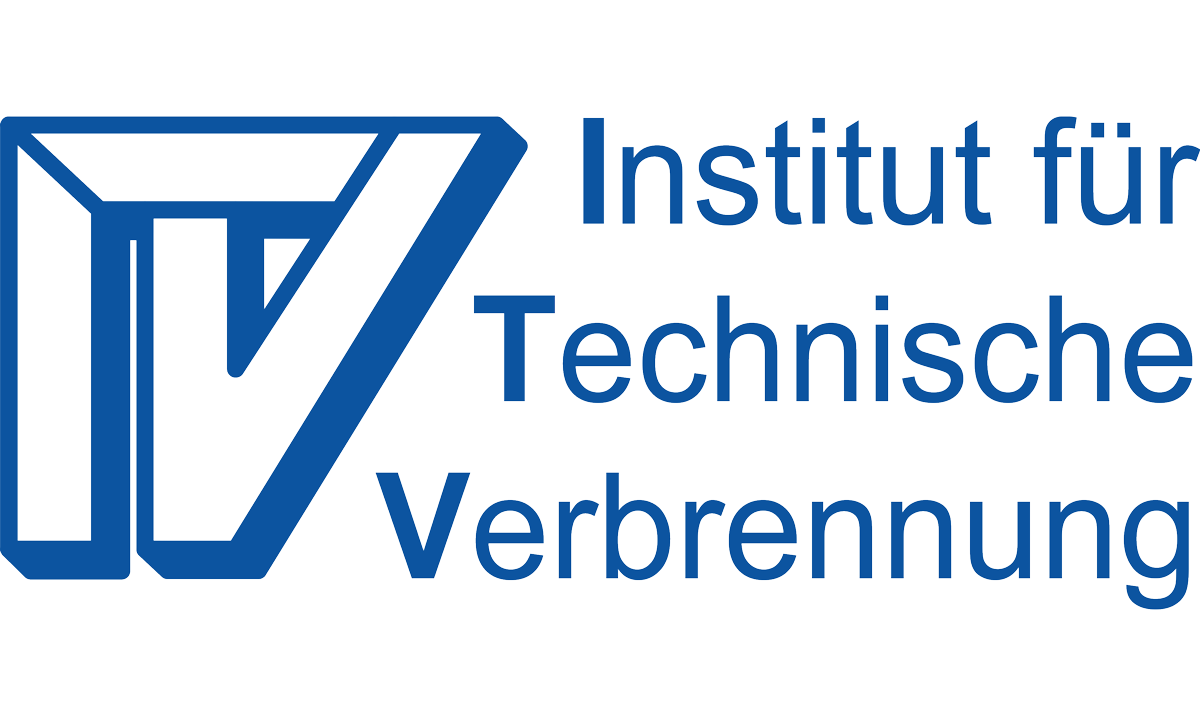Gasmotor 2020+
 © Institut für Technische Verbrennung
© Institut für Technische Verbrennung
| Team: | Dipl.-Ing. Henning Rolf Pasligh; Florian Pohlmann-Tasche, M. Sc. |
| Year: | 2020 |
Im Rahmen eines BMWi Verbundvorhabens, angeführt von der MTU Friedrichshafen, werden in diesem Forschungsprojekt die Grundlagen für moderne Reservekraftwerke erforscht und entwickelt, wie sie in einer zukünftigen Energieversorgung benötigt werden, wenn die Stromerzeugung aus Wind- und Sonnenkraft pausieren. Große Verbrennungsmotoren, die mit Erdgas betrieben werden, haben hier ein großes Anwendungspotential, weil die Investitions- und Wartungskosten gering sind, was gerade für die geringen Nutzungsstunden pro Jahr entscheidend wichtig ist und weil sie in flexiblen Blöcken aufgebaut werden können. Ein aktuelles Beispiel ist das Gasmotoren-Heizkraftwerk Kiel mit 20 Gasmotoren mit Nutzungsgraden bis zu 90 Prozent. Solche Motoren sind sehr flexibel einsetzbar, schnellstartfähig, was zur flexiblen Strombereitstellung nötig ist und durch die Verbrennung mit Gas sehr schadstoffarm. Sie können - falls gewünscht - in Zukunft auch mit regenerativ erzeugtem Biogas oder nachhaltig erzeugtem synthetischen Gas betrieben werden. Sie passen damit auch in zukünftige Energiewende-Szenarien hinein.
Im Rahmen des aktuellen Verbundvorhabens werden von den Partnern eine Vielzahl von Entwicklungsschritten durchgeführt, um die Grundlagen für die nächste Generation an Gasmotoren zu erforschen und in die Entwicklung zu bringen. Am ITV Hannover geht es hierbei besonders um die Minderung der Reibung in den Motoren. Hierzu werden mit dem Floating-Liner Prüfstand des Institutes verschiedene Beschichtungen der Laufbuchse in Kombination mit ausgewählten Schmierstoffen untersucht.


